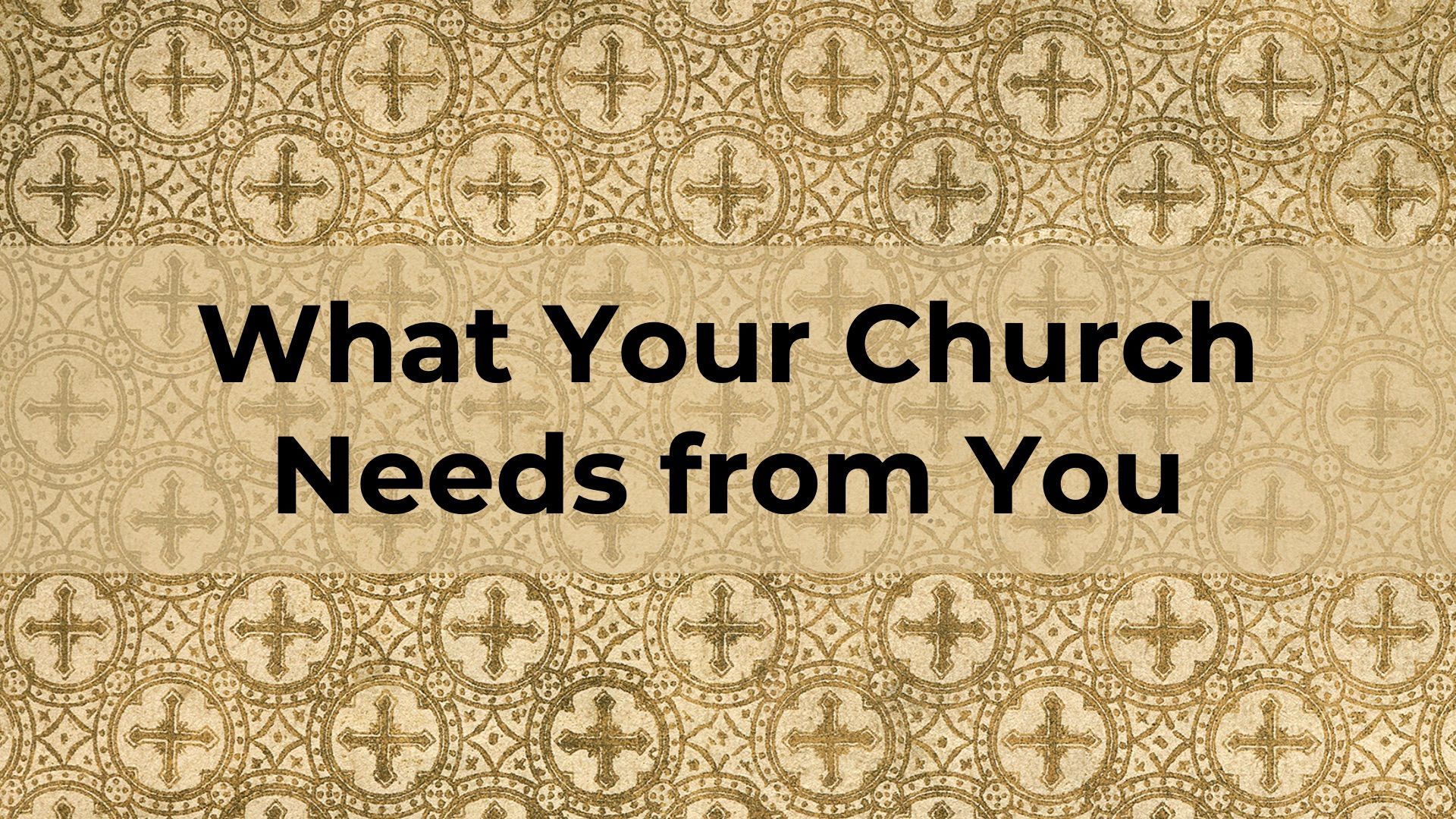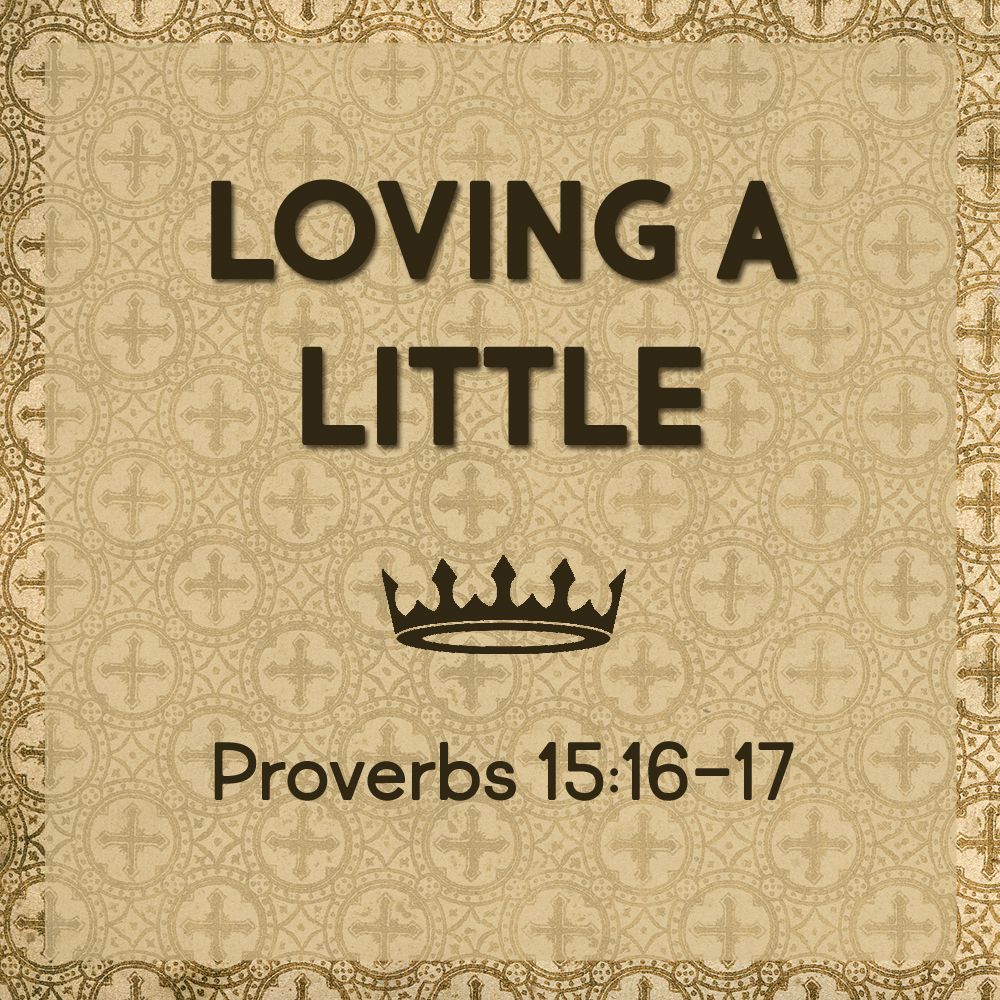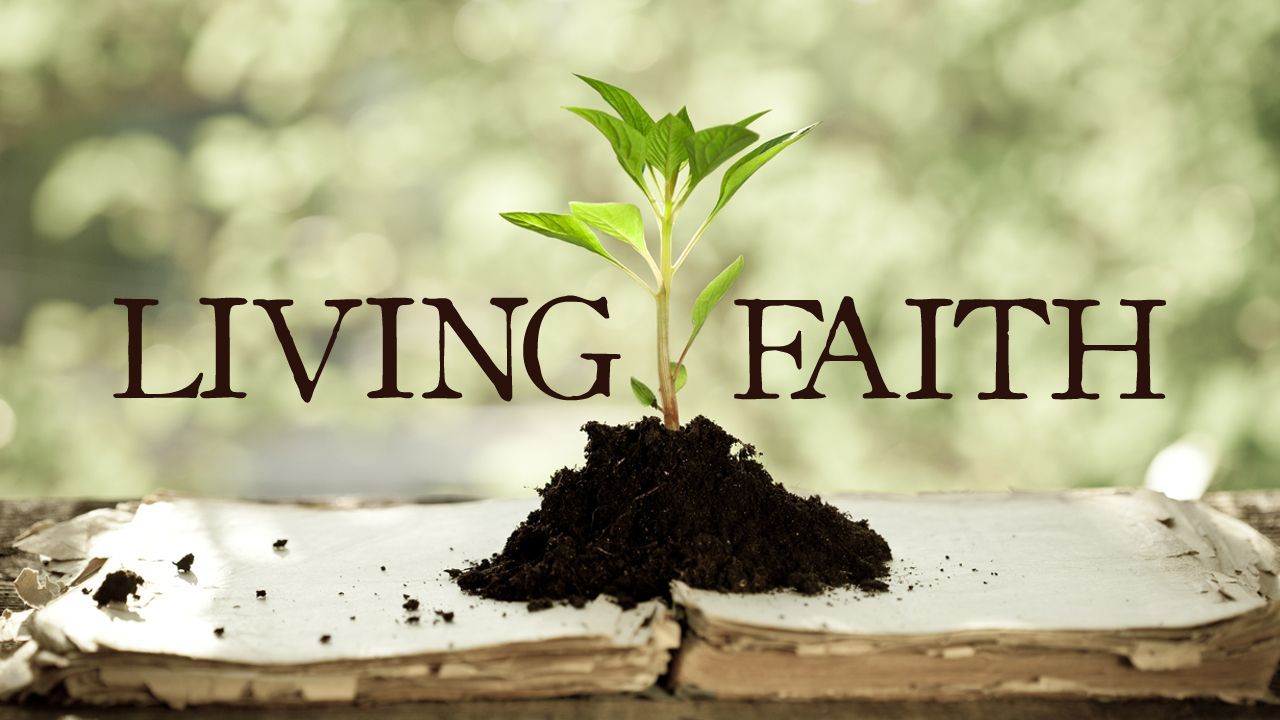Coming Home (Ruth 1)
Video:
Enhanced Audio
(on most podcast players):
Ruth 1:1-22
Bringing the sermon home:
The book of Ruth is a well-loved short story, appreciated even by fans of literature who are unconcerned with the Bible and its Author. As one commentator put it: “the narrative has all the elements of good drama: an engaging plot, interesting characters, tension, romance, conflict, people overcoming hardship, and so much more.”
Every piece of good literature is both entertaining and value-shaping, and Ruth is no exception, but as God-breathed Scripture, it is more than just that. All Scriptures is intended to teach us something about God, shaping our theology and thus our lives. The book of Ruth is about ordinary people living in an ordinary place facing (somewhat) ordinary challenges. And yet, in this, we see the God of the universe intervening in the ordinary lives of His people, teaching us that He really does care about us, ordinary as we may be.
The account begins with an Israelite couple fleeing from a famine in the Promised Land (and thus from the special presence of God) to take refuge in the land of Moab (enemies of God’s people). Elimelech and Naomi are clearly meant to picture the nation of Israel as a whole during this time, turning their backs on God and seeking refuge elsewhere. And it does not go well for them. The question being posed to us is this: when life begins to fall apart, where do you turn?
Do you turn to the wisdom of the world – to what seems right in your own eyes – or do you turn to the Lord? So long as you still have breath in your lungs, your Heavenly Father stands with open arms, ready to welcome you home. In the valley of the shadow of death through which we all must travel, God
alone
is our refuge. Do not let bitterness blind you to the blessings that you have received and that are being offered to all who will come home.
Sermon Outline:
- When your life goes from full to empty: How do you respond? (vv. 1-5)
- In the valley of the shadow of death, God alone is our refuge. (vv. 6-17)
- Bitterness blinds us to our blessings, robbing us of hope. (vv. 18-22)



